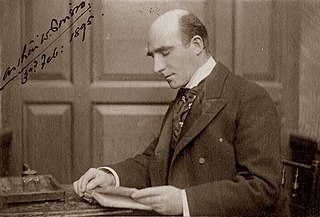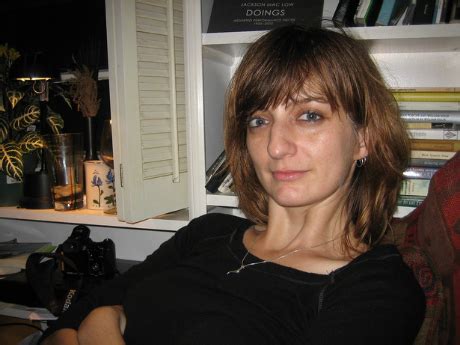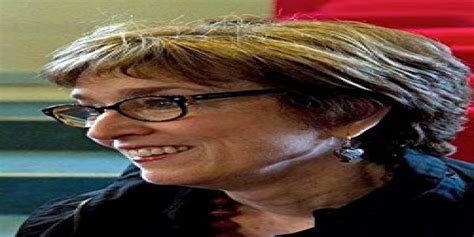A Quote by Arthur Wing Pinero
There will be some trouble about 'biography' because I have never troubled myself to supply particulars of my early life to any writer.
Related Quotes
I do believe the world is a pretty sad, troubled, and violent place. Maybe that's why I focus on the trouble. Even though there are good people and good things, there's also a bunch of messed up stuff. And I learned early on, you have to have some trouble in your stories. I definitely go overboard on that, but I have a lot more fun writing about the trouble.
I say "on principle" [regarding 'lesbian writer'] because whenever you get one of your minority labels applied, like "Irish Writer," "Canadian Writer," "Woman Writer," "Lesbian Writer" - any of those categories - you always slightly wince because you're afraid that people will think that means you're only going to write about Canada or Ireland, you know.
There's this quote by a writer, Emil Cioran, he's a Romanian writer. He says that you should only put things in books that you would never dare to say to people in real life. So there is that feeling of acute embarrassment, or that you've been too revealing. I think it's some kind of survival mechanism where I never think of the reader, ever. Because then I would start censoring myself.
I believe a good writer can write a good book with any sort of character, in any sort of setting, but I prefer to write about the outsider. It might just be because I've been one (or perceived myself to be one) for so much of my life. But the simple fact of being marginalized immediately brings conflict to a story before the narrative even begins, and that's gold for a writer because it means that your character already has depth before events begin to unfold.
I have always hated biography, and more especially, autobiography. If biography, the writer invariably finds it necessary to plaster the subject with praises, flattery and adulation and to invest him with all the Christian graces. If autobiography, the same plan is followed, but the writer apologizes for it.
Biography always has fulfiled this role. Robinson Crusoe is a biography, as is Tom Jones. You can go through the whole range of the novel, and you will find it is biography. The only difference between one example and the other is that sometimes it's a partial biography and sometimes it's a total biography. Clarissa, for example, is a partial biography of Clarissa and a partial biography of Lovelace. In other words, it doesn't follow Lovelace from when he is in the cradle, though it takes him to the grave.
It's to a writer's advantage to contain within himself elements of each sex, or any sex. It's to his advantage because it makes him able to write from the female point of view as well as the male. In some cases, of course, you will find some homosexual writers who can only write from a f - - -'s point of view. But I don't regard myself as a f - - -! Some people may. Also audiences wanted escapism. They don't like too much protest or criticism of their way of life.
Some of us are taught to ask for help. Some of us don't feel comfortable asking for help. Some of us will get into trouble because we don't want to share things with adults - maybe because we're used to getting in trouble. I have two daughters, and they're very different from each other. One will tell me everything. The other barely tells me anything at all. Who do I worry about the most? I worry about the quiet one. But it's something I wish I had had when I was a child, that feeling of having someone I could ask for help.
I have to ask myself how I can possibly expect to know Jesus as he would want to be known if my life remains unscathed by trouble and grief. How can I hope to grasp anything of God's heart for this broken planet if I never weep because its brokenness touches me and breaks my heart? How can I reflect his image if I never share in his sufferings? And how will any of us ever learn to treasure his hesed and grace if we never experience phases where these blessings seem absent?
When some one sorrow, that is yet reparable, gets hold of your mind like a monomania,--when you think, because Heaven has denied you this or that, on which you had set your heart, that all your life must be a blank,--oh, then diet yourself well on biography,--the biography of good and great men. See how little a space one sorrow really makes in life. See scarce a page, perhaps, given to some grief similar to your own, and how triumphantly the life sails on beyond it.




































